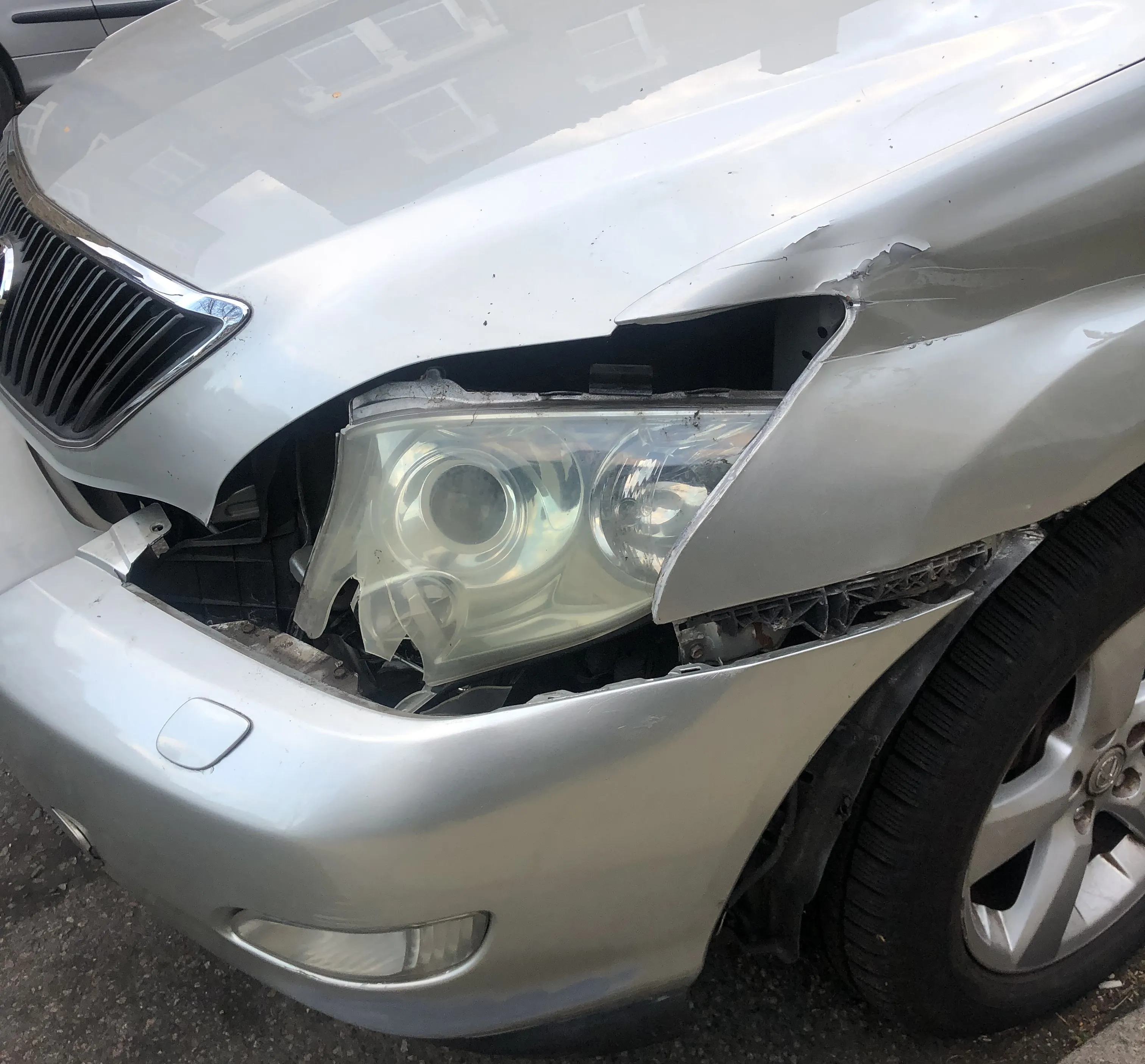
In discussing road safety, the same issues tend to crop up time and time again. Technology is often seen as a major way forward for cutting the death toll.
This ignores the fact that many drivers simply use their vehicles to the limits of their capabilities and that cars with ABS or ETSC for example are simply driven faster and with less regard for other road users or the surrounding road environment.
Speeding is seen by many drivers as a minor issue, despite research showing it is a contributory factor for a very high percentage of crashes.
There is a great deal of victim blaming. Cyclists are often blamed for not taking their own safety into account by not wearing helmets or high visibility apparel. This is in spite of the fact that most studies in Europe and North America show cycle helmets to be of little value in the event of a crash or that high visibility clothing has only a minimal benefit for conspicuity. Trying to shift the blame onto cyclists in this way deliberately ignores the real issue, that most crashes involving a cyclist and a motor vehicle in Europe and North America are the fault of the driver, with failure to look properly being the single greatest cause.
Very similar comments are often made about motorcyclists. This again ignores the crash data that as with cyclists, research shows most crashes involving motorcycles and other vehicles are not the fault of the rider. And again, failure to look properly by other road users is the biggest single cause of crashes.
People need to take responsibility for their actions. Being under the influence of drink or drugs while at the wheel greatly increases the risk of a crash. Anyone taking such risks needs to understand that they are not a fit person to hold a licence.
Similarly, using a cellphone while driving is at least as risky as being under the influence of alcohol, which has been shown by numerous studies. Anyone using a phone while driving needs to understand that not only is this not acceptable, it is dangerous for everyone. Hands free kits are not the answer, since driver distraction results from the human brain’s inability to handle two complex functions (such as driving and holding a phone conversation) simultaneously, as has also been proven by extensive research.
As for using a smartphone to use the internet or send texts while at the wheel, research shows this to be several times more dangerous than being under the influence of alcohol and offenders are clearly not sufficiently responsible to be licence holders.
Until driverless vehicles become the norm, the real answer to road safety lies in the space between the ears of everyone sitting behind the steering wheel. Every driver is responsible not only for themselves, but those around them. Bad driving is both anti-social and unnecessarily dangerous.








